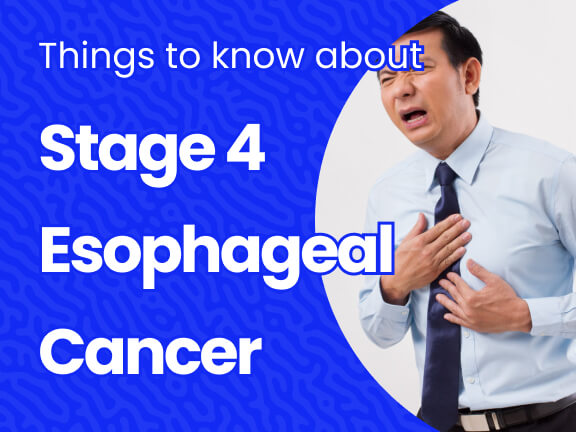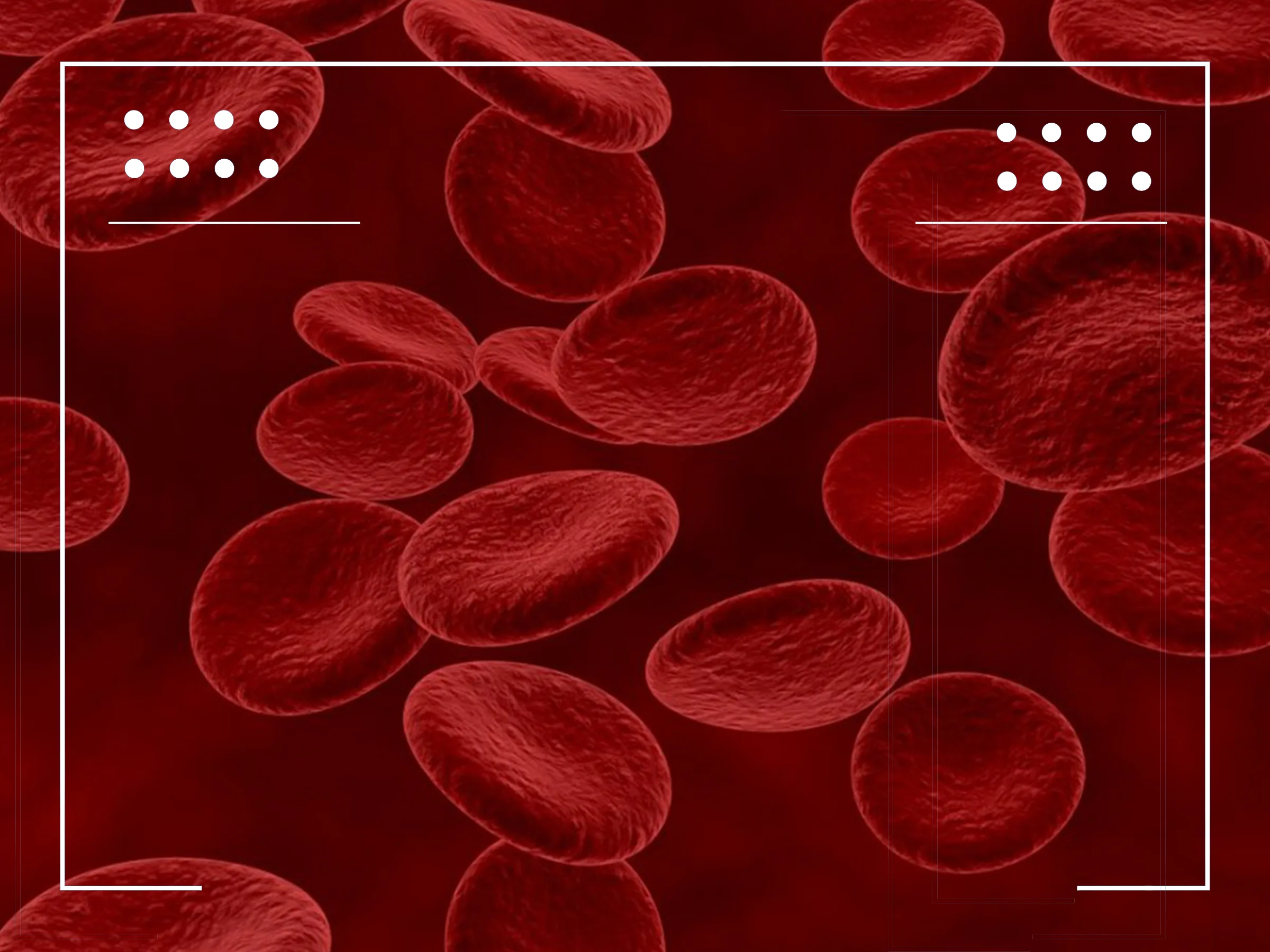Tourette syndrome (TS) is a neurological disorder characterized by repetitive, involuntary movements and vocalizations called tics. The onset of TS typically occurs in childhood, with symptoms ranging from simple tics, such as blinking or throat clearing, to more complex ones like full-body movements or uttering phrases. The exact cause of TS is not fully understood, but it is believed to involve a combination of genetic and environmental factors.
Tourette syndrome is not just a medical condition but also a significant psychosocial challenge for those affected. Individuals with TS often experience peaks in tic severity before the condition stabilizes or improves in late adolescence or adulthood. Individuals with TS may face difficulties in social settings due to the noticeable and sometimes disruptive nature of their tics. This can lead to social stigma, bullying, and isolation. Moreover, many people with TS also have co-occurring conditions such as ADHD, OCD, anxiety, and depression, which can complicate the management of TS and impact the quality of life. Treatment for TS focuses on reducing tic severity through medications and behavioral therapy, helping individuals gain better control over their symptoms.
Medication for Tourette Syndrome is typically considered when tics cause significant impairment or distress in an individual’s life. The choice of medication can vary based on the severity and nature of the symptoms. Here are some commonly prescribed medications for managing TS:
- Antipsychotics: The most commonly used medications for TS are antipsychotics.
- Alpha-2 adrenergic agonists: Medications such as clonidine and guanfacine are typically used to treat high blood pressure, but they can also help reduce the severity of tics in some patients. These drugs can be a good choice for individuals who experience mild or moderate symptoms or have co-occurring conditions like ADHD.
- Botulinum toxin ınjections (Botox): In cases where tics involve localized muscle groups, botulinum toxin injections can be used to temporarily weaken or paralyze the affected muscle to reduce tic severity.
- Central nervous system stimulants: Stimulants typically used to treat ADHD sometimes help increase attention and concentration in individuals with TS. This may indirectly reduce the frequency and severity of tics.
Tourette Syndrome Symptoms
Tourette syndrome symptoms encompass a range of involuntary, repetitive movements and vocalizations known as tics, which are the hallmark of this neurological disorder.
What is Tourette Syndrome? It is defined by the presence of both motor and vocal tics, appearing in childhood, typically between the ages of 5 and 10 years. This condition, also referred to as Syndrome la Tourette, is chronic but varies greatly in severity among those affected.
The primary symptoms of TS include motor tics, such as blinking, shrugging, or facial grimacing, and vocal tics, which can range from throat clearing to the repetition of words or phrases. These tics are often preceded by an urge similar to a premonitory feeling, which provides temporary relief when expressed.
Children are the most commonly affected group, with symptoms often diminishing in intensity as they transition into adulthood. The complexity and severity of tics can vary widely from one child to another, often exacerbated by co-occurring conditions such as ADHD (Attention-Deficit/Hyperactivity Disorder), which is prevalent in many individuals with Tourette Syndrome.
Treatment for TS aims to manage symptoms to a degree that allows the individual to function daily without significant interference. While there is no cure, various treatments can help manage the severity and frequency of tics. These treatments include medication, behavioral therapies, and comprehensive educational support.
Understanding what is a tic and its impact is crucial for addressing tic disorders effectively. It’s also essential to distinguish between Tourette Syndrome and other tic disorders, which may present with similar symptoms but differ in their diagnostic criteria and treatment approaches.
In summary, Tourette Syndrome is a complex disorder that requires a multifaceted approach to treatment and management, tailored to each individual’s specific symptoms and needs.



